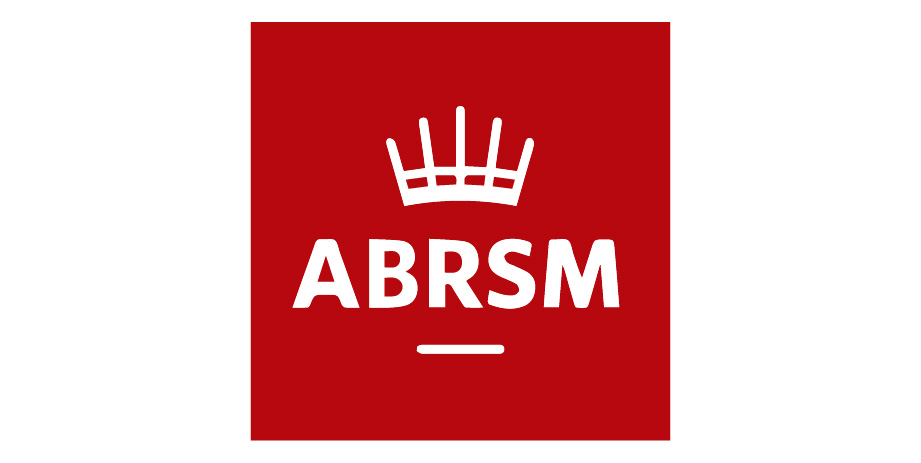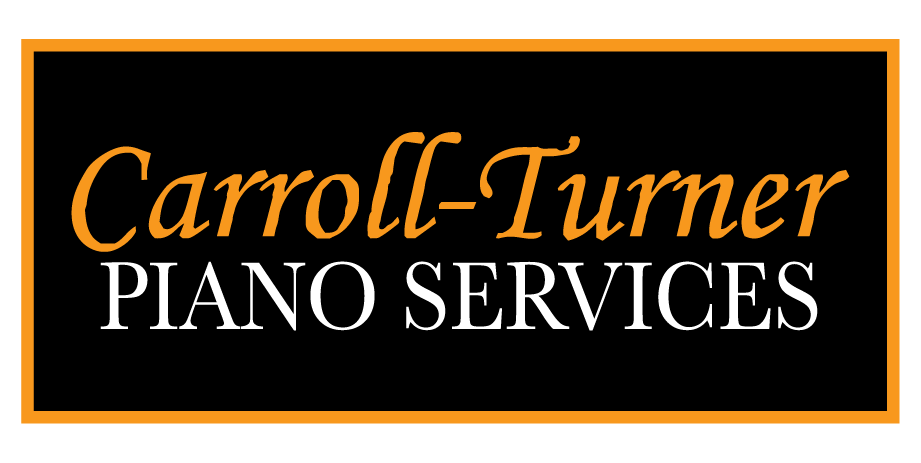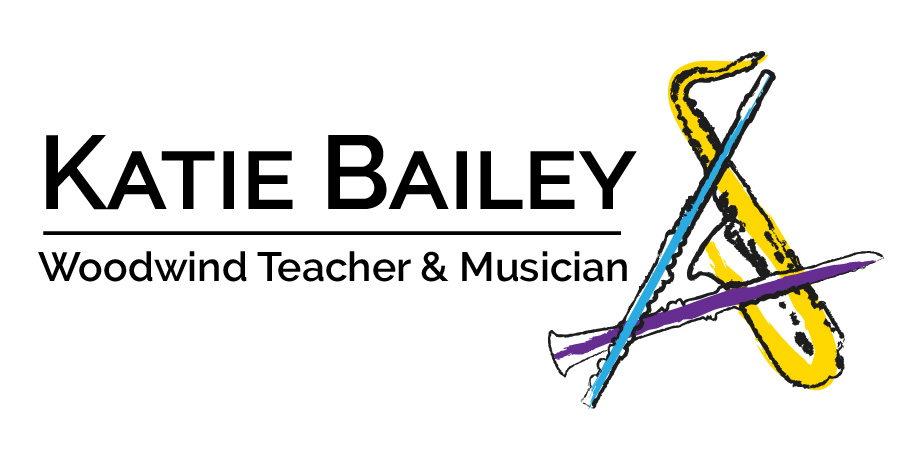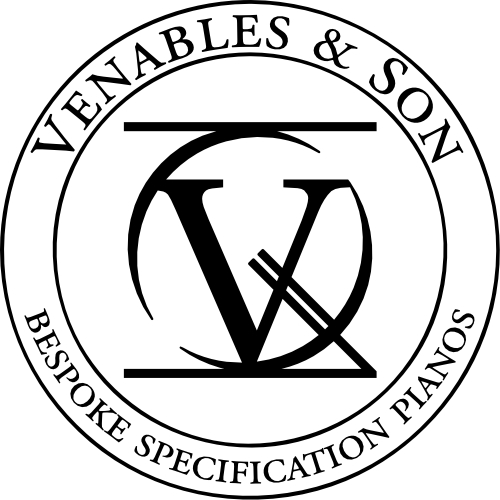Updated for 2020!
- Be careful when shopping for second hand pianos. There are plenty of bargains out there but there are even more instruments that are destitute and unplayable.
- For those looking to buy a new piano rent-to-buy schemes are available from dealers.
“It is common to find sub-standard pianos advertised with the promise that a good tuner and a bit of love can restore them to their former glory. This is rarely the case.”
When learning a new musical instrument sooner or later students are faced with the challenge of finding a suitable instrument for them to play outside of lessons. When it comes to the piano, there are an overwhelming number of options, from electronic keyboards to concert grands. Just like buying a car or a house, it is important to make sure that what you are purchasing is completely right for you, or else risk wasting a lot of money on something which is unsuitable.
The interior of a Vose & Sons grand piano. The soundboard is visible beneath the strings.
Electric vs Acoustic
Let us settle this question straight away. For an aspiring piano student, an electronic instrument is not a substitute for an upright or grand piano. They are totally different instruments and should be treated as such.
A piano makes its unique sound using hammers, strings, dampers and a soundboard. When a key is pressed it triggers a mechanism which will simultaneously strike the appropriate string with a hammer and lift the damper off of the string to allow it to vibrate. When the key is released the damper is placed back on the string, ceasing the vibration and thus ending the sound. The whole effect is amplified by a soundboard that lives at the back of an upright piano or on the bottom of a grand.
This system is incredibly responsive to the touch of the piano, and many special effects are possible with the use of the foot pedals. In addition to loud, soft, staccato and legato notes, pianos are able to achieve a variety in the brilliance and sonority of the tones it is producing. Each pianist has their own individual sound at the piano which is cultivated through years of playing and experimenting.
The Kawai CS10, an electric piano with a sound board.
When an electronic keyboard is played all that it is producing a recording of another pianists sound on an acoustic instrument. There is nothing that can be done to vary this sound as it has been predetermined by the recorded pianist. With weighted keys it is possible to vary the volume of this recording, however, the sound is still unchanged. Some modern instruments - such as the Kawai CS10 - have been branded "hybrid pianos" as they have been built with a soundboard. However, the problem remains that the sound being amplified is still that of another pianist on an acoustic instrument. Additionally, the RRP for the CS10 is £3899; for a fraction of that price, you could find a much more suitable instrument.
I have nothing against electronic keyboards, however, I believe it is important to remember that they are different instruments that are capable of different sounds and effects. If you were to take up keyboard lessons you wouldn't practice on the piano; it would be impossible to replicate the many sounds a keyboard can produce. The opposite is also true.
In spite of their unsuitability, it is worth discussing the benefits of an electronic keyboard. For those with limited space, they can be easier to accommodate than a piano. Do bear in mind that there must also be room for the pianist to sit comfortably; if they cannot then bad postures will take root which affects playing.
Second hand pianos are often free if you are willing to fork out for delivery, however it is easy to end up with an instrument that is completely unplayable.
Second-Hand Pianos
Many people are surprised to discover that the price difference between an electric piano and an upright is not as great as they expected. Because pianos are so large they are often given away for a fraction of their value when they are no longer needed. I was recently offered a concert grand for free as its owner (an ex-head of music) was retiring to Oxford. Websites such as Gumtree, eBay and Freecycle are worth looking at if you are hunting for a bargain.
Be advised, however, that instruments worth taking home will rarely cost less than £300. It is common to find sub-standard pianos advertised with the promise that a good tuner and a bit of love can restore them to their full glory. This is not the case.
There were a great deal of pianos manufactured during the early 1900s for the sole purpose of being a piece of furniture. This was at a time when a piano was an essential component for every home. These pianos - often excessively decorative - are nothing more than accessories. You would have just as much luck playing a plant pot. A student of mine recently bought a piano without noticing that it lacked a music stand, a typical example of an instrument designed to be decorative rather than functional.
The multi-layered wrest plank of a piano. It is particularly susceptible to sudden changes in temperature and humidity; sustained damage can result in the piano becoming untunable.
Be wary also of pianos that have been stored or unused for many years. When a piano experiences a rapid change in temperature or humidity - for instance, if it is moved from a garage it has lived in for years to a centrally heated house - then critical components will be at risk of serious damage. Even the very best piano technician cannot mend a cracked soundboard.
For this reason, I cannot urge you enough to consult your piano teacher before purchasing a piano, or even better your local piano tuner.
Detailed advice for buying second-hand pianos: A Guide to Buying a Second Hand Piano.
New Pianos
If you're looking to score points with your piano teacher then treat yourself to a new or reconditioned piano from a dedicated piano dealership. There are a plethora of benefits to buying from a dealership:
The piano will be of at least an acceptable quality; second-hand models will have been serviced by a technician before going on sale.
You will be given plenty of helpful advice from the shop assistants, who I have always found to be very knowledgable and sympathetic to individual needs.
The shop will be able to put you in contact with a professional piano tuner, and will often include a free tuning in the price of a piano.
Finally, your instrument will likely come with a warranty should anything go wrong (for instance if a string should break - Venables & Son very kindly paid for a replacement string to be manufactured and fitted for my piano last month, even though it was outside the warranty).
Many dealerships offer rent-to-buy schemes. These schemes allow you to rent a piano while starting out, with the rental money being deducted from the price should you choose to purchase it further down the line. These schemes typically rent over a 6-month period before you have to make a decision, which is a very generous amount of time in which to decide.
Below are three recommended dealers. They are not necessarily the nearest places to shop for pianos but in my opinion, they offer the best in terms of selection, value, quality and service.
Venables & Son. Venables have been dealing Yamaha pianos from their Ringwood showroom for decades and have recently branched out to manufacture their own models (one of which lives in my home). Each piano comes with bespoke piano preparation, a free tuning from a top piano technician and a five year guarantee. Visit their website: Venables & Son Pianos.
Bedhampton Pianoshop. This dealership offer a wide range of pianos starting from under £1000. Ideal for first-time piano buyers. Visit their website: Bedhampton Pianoshop.









